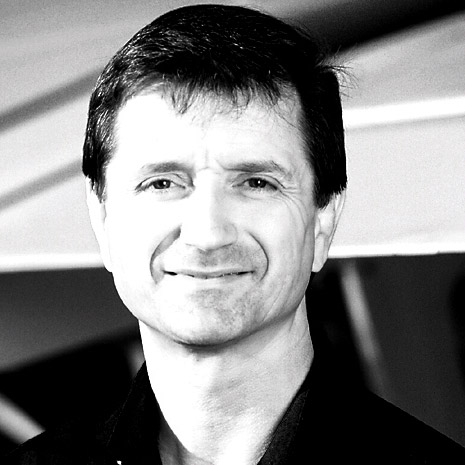Have you ever had a student whose in-flight performance deteriorated so quickly that you wondered if a nearby starship beamed up his brain? I’ve seen this happen quite a few times over the years, and it’s an interesting phenomenon to witness. One instrument student, whom we’ll call Sarah, was only available to train at night after working hard all day. During an evening training flight, she was given a vector to intercept the localizer, then cleared for the approach. Everything seemed fine until she became zombie-like and flew through the localizer. She just sat there with an expressionless look on her face and stared straight ahead.
“Sarah? Rod calling Sarah, come in, over.” No response.
I finally lifted up the Foggles to find fog in her eyes (so to speak). During that night flight, Sarah was unable to keep up with the mental processing necessary to intercept the localizer. She had, however, flown ILS approaches successfully on several prior lessons.
It turns out that Sarah had not had dinner that evening. Without the necessary brain energy, she was unable to sustain the necessary self-control or willpower to concentrate on flying. As a result, Sarah experienced the psychological phenomenon known as ego depletion.
Ego depletion results when the mental energy we use to exercise willpower and self-control are diminished or used up. A decrease in mental energy might result from an insufficient supply of chemical energy to the brain (i.e., low blood glucose levels), or intense concentration—or even a negative experience that affects our motivation and even our self-image. The concept often explains a student’s sudden decrease in performance.
Sarah’s condition resulted from low blood sugar. By keeping dinner out of her tummy, she kept her head out of the game. As a result, my flight bag now carries a supply of brain food (for the student and for me, too) in the form of candy or protein bars. When the zombie cometh, out cometh the energy bar.
I’ve also had students experience ego depletion as a result of intense concentration or increasing frustration during training. One commercial student, Billy, became Gandhi-like, turning passive and slumping in his seat during steep-turn practice. Billy’s intense concentration on holding altitude during the turn resulted in a complete loss of self-control. As the altimeter needles spun wildly, he mumbled, “I’m simply incompetent at doing steep turns. I quit.”
Granted, Billy had trouble holding altitude during steep turns. Had the altimeter’s 10,000-foot needle spun off from its axis, one of us might have been fatally stabbed. Intense mental focus and a cascade of negative self-thought led to Billy’s ego depletion. He temporarily lost the ability to control his emotions.
So how should an instructor handle ego depletion when it results from intense concentration or negative self-thought? If we assume that Billy’s situation didn’t result from low blood-glucose levels (and it certainly could have), then you’ll want to apply another strategy.
Since ego depletion results in the diminishment of mental resources, it’s clear that these resources can be replenished. One way to do this is to change the student’s mood. You might try a little distraction (sightseeing), or relaxation (demonstrate the maneuver again), or practice something that doesn’t require intense concentration. There is, however, another strategy I’ve used over the years that works quite well: Try uplifting your student’s mood by helping him or her experience success. In Billy’s situation (and despite his being a rated private pilot), I elected to break down the steep turn into smaller, more easily achieved behavioral components. Each mini-step was quickly mastered by Billy. He was back to his non-Gandhi-like self—as if that starship beamed a newly refurbished brain back into his noggin.
So what should you do if you suspect ego depletion as the root cause of your student’s sudden decrease in performance? Try handing out a candy bar or creating an opportunity for your student to experience some form of immediate success. While the candy bar strategy is sure to make some dentist happy, both strategies are likely to make your student happy.



